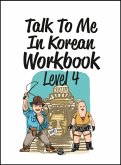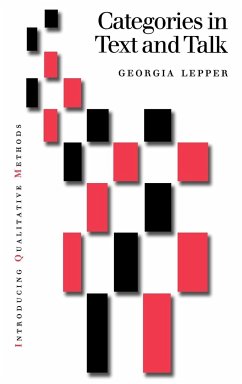In this fascinating book, John Haiman argues that 'cheap talk', in which we don't mean what we say (for instance, by the use of sarcasm and irony) is central to the way we now talk. He traces this radical change in our use of language to the emergence of a post-modern 'divided self' who is hyper-conscious that what he or she is saying has been said before; 'cheap talk' thus allows us to distance ourselves from a social role with which we are uncomfortable. Haiman examines the full range of these pervasive distancing mechanisms, from clichés and quotation marks to camp and parody. In the process he sheds important new light on the ways in which the English language is evolving in responses to our worldview.
Hinweis: Dieser Artikel kann nur an eine deutsche Lieferadresse ausgeliefert werden.
Hinweis: Dieser Artikel kann nur an eine deutsche Lieferadresse ausgeliefert werden.








